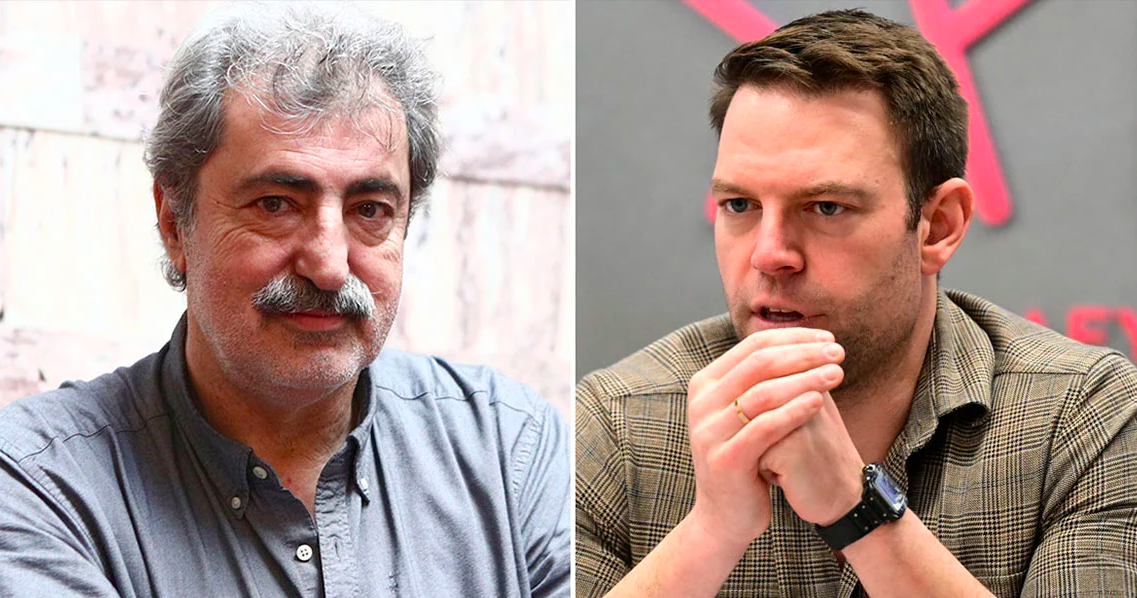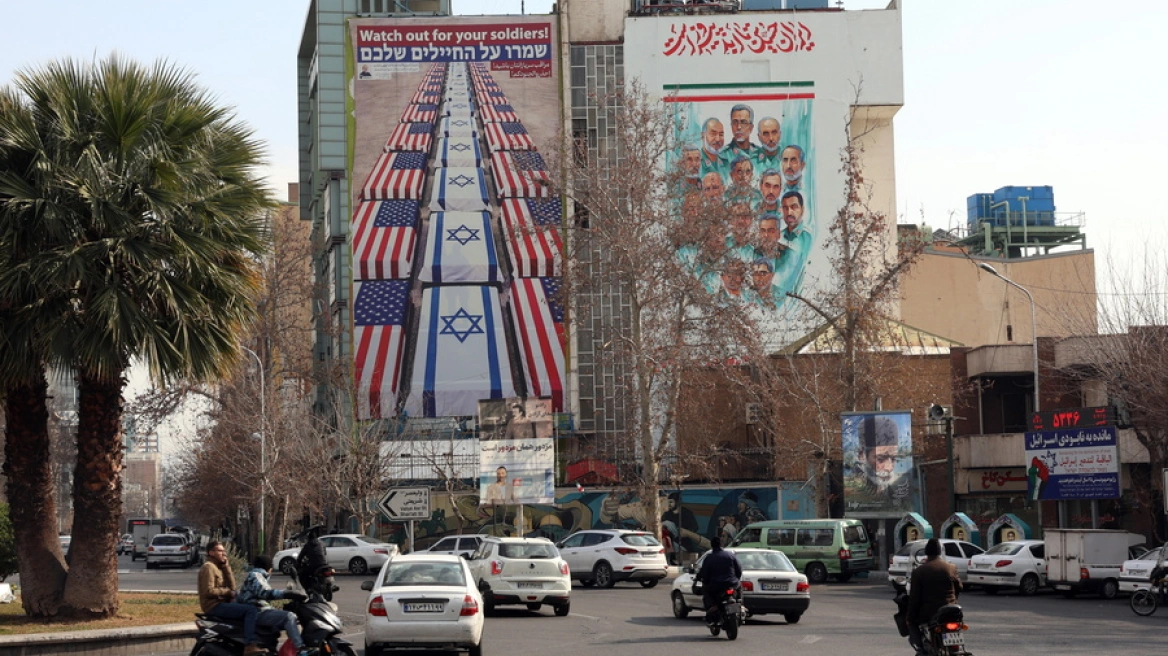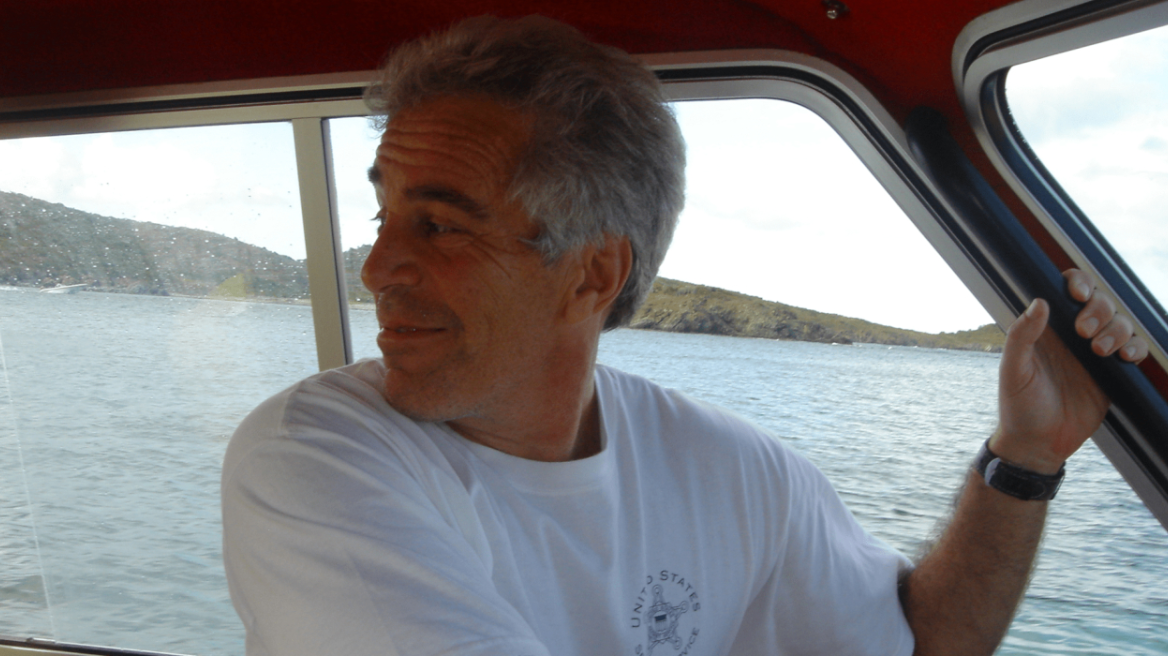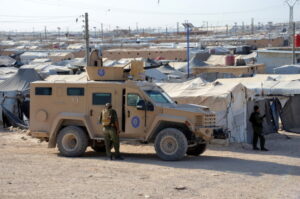A “week of challenges” begins today for SYRIZA, as the upcoming meeting of the party’s Central Committee this weekend is expected to be a pivotal moment for both the unity of the opposition and the leadership of Stefanos Kasselakis.
Polakis, with his critical post yesterday, hinted at significant developments for SYRIZA, focusing on creating a strong opposition with a clear, socially necessary agenda, while also criticizing the current leadership’s approach. This has set the stage for what could be a crucial week, with scenarios ranging from new elections within the party to revisions of political strategies.
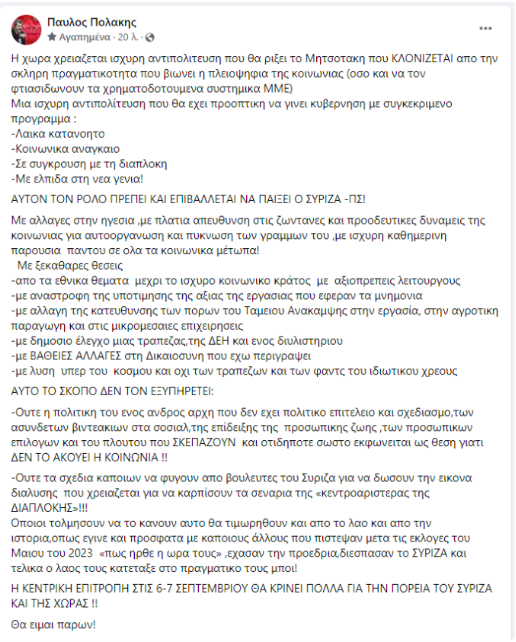
With the Ethics Committee, Political Secretariat, and Central Committee meetings lined up, SYRIZA faces significant internal discussions, decisions, and potentially critical shifts in direction.
Pressure on Tsipras
Despite reports indicating that SYRIZA was not surprised by Pavlos Polakis’ recent post, the focus of SYRIZA leader Stefanos Kasselakis seems to be less on the ousted MP from Chania and more on the “87” members of the “Tsipras Guard.”
In an interview with “Real News,” Kasselakis expressed his disappointment, stating: “I would have expected Alexis Tsipras not to tolerate self-appointed spokespeople implying they represent him.” He added, “These individuals reduce his profile from a former prime minister and party leader to merely a faction leader. If Tsipras wants to address the current issues in our party, he can do so directly, without the use of intermediaries or leaks. He should speak clearly and openly, as he did during the launch of our conference in February.”
According to SYRIZA sources, Kasselakis’ remarks were not necessarily aimed at Tsipras himself, but rather at the so-called “Tsipras Guard” — officials closely aligned with the former leader, who, according to the current leadership, are leveraging Tsipras’ silence for their ends. Kasselakis also hinted at his limits of patience with the “Movement of 87,” escalating tensions in recent days.
Everything on the table
Members of the “87” are reportedly keeping their options open ahead of the upcoming Central Committee meeting, though they have yet to finalize their strategy. Their decision-making is expected to come later this week, after they navigate the Ethics Committee meeting tomorrow, which will decide the fate of Christos Spirtzis.
Though Kasselakis has stated he will respect the decision of the Ethics Committee, sources suggest this will not be an easy call, even for staunch Kasselakis supporters. For figures like Nikos Pappas, head of SYRIZA’s parliamentary group, and Rena Dourou, whose partner presides over the Committee, the decision carries extra weight due to their longstanding ties with Spirtzis from their “first-time left” days in government.
Four scenarios
Complicating matters is the upcoming Political Secretariat meeting later this week, which Polakis will attend. If tensions continue to rise, the outcome of the two-day Central Committee meeting remains unpredictable. Speculation within the party suggests various outcomes:
- A push for new internal elections, first suggested by Deputy Speaker of Parliament Olga Gerovasili,
- Polakis potentially tabling a no-confidence motion against Kasselakis to trigger a leadership race,
- Polakis challenging Kasselakis’ political agenda without seeking a full leadership contest,
- Or another faction or individual within the Central Committee proposing a no-confidence motion against the leadership.
Key issue: the “reform plan”
Kasselakis has made it clear he remains committed to a reform plan aimed at modernizing the party, reiterating this stance while stepping up his opposition rhetoric. Over the weekend, Kasselakis followed Polakis’ lead in criticizing prominent figures such as Dora Bakoyannis and Culture Minister Lina Mendoni.
New political movement on the horizon
Meanwhile, a new political manifesto calling for a progressive majority is expected to be published this week. This document aims to rally the broader social and political forces of the left and progressive space around a unified program. The call to action will be extended to individuals, movements, and parties, with the only requirement being an anti-neoliberal stance and a commitment to progressive governance.
The manifesto’s authors hope to create a platform for dialogue and cooperation, inviting anyone who shares these goals to participate in shaping the movement’s future direction. Amid these developments, Kasselakis has warned against efforts to form a nebulous center-left coalition, calling such plans an attempt to bring together defeated political agendas, whether from PASOK or SYRIZA.
Ask me anything
Explore related questions
